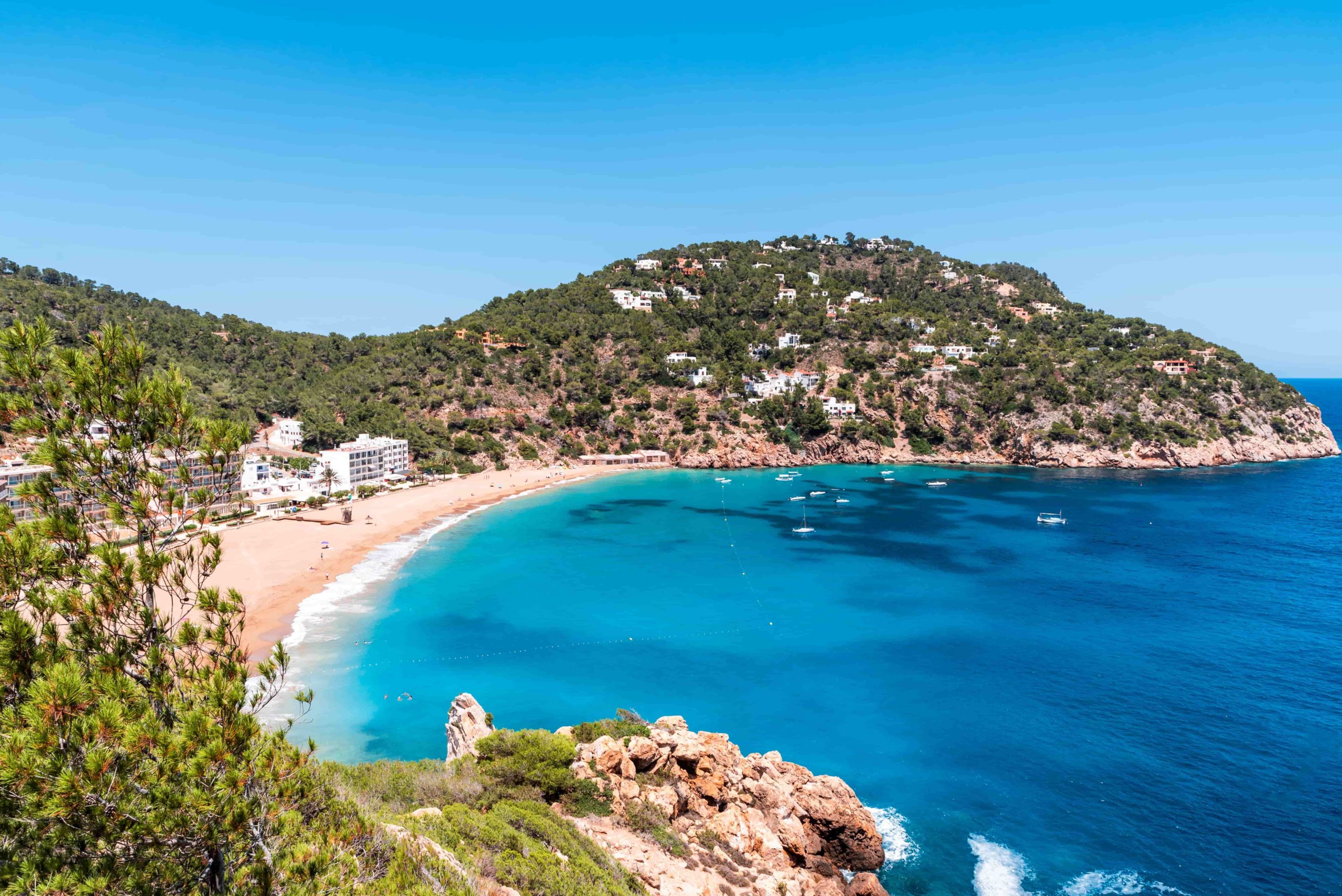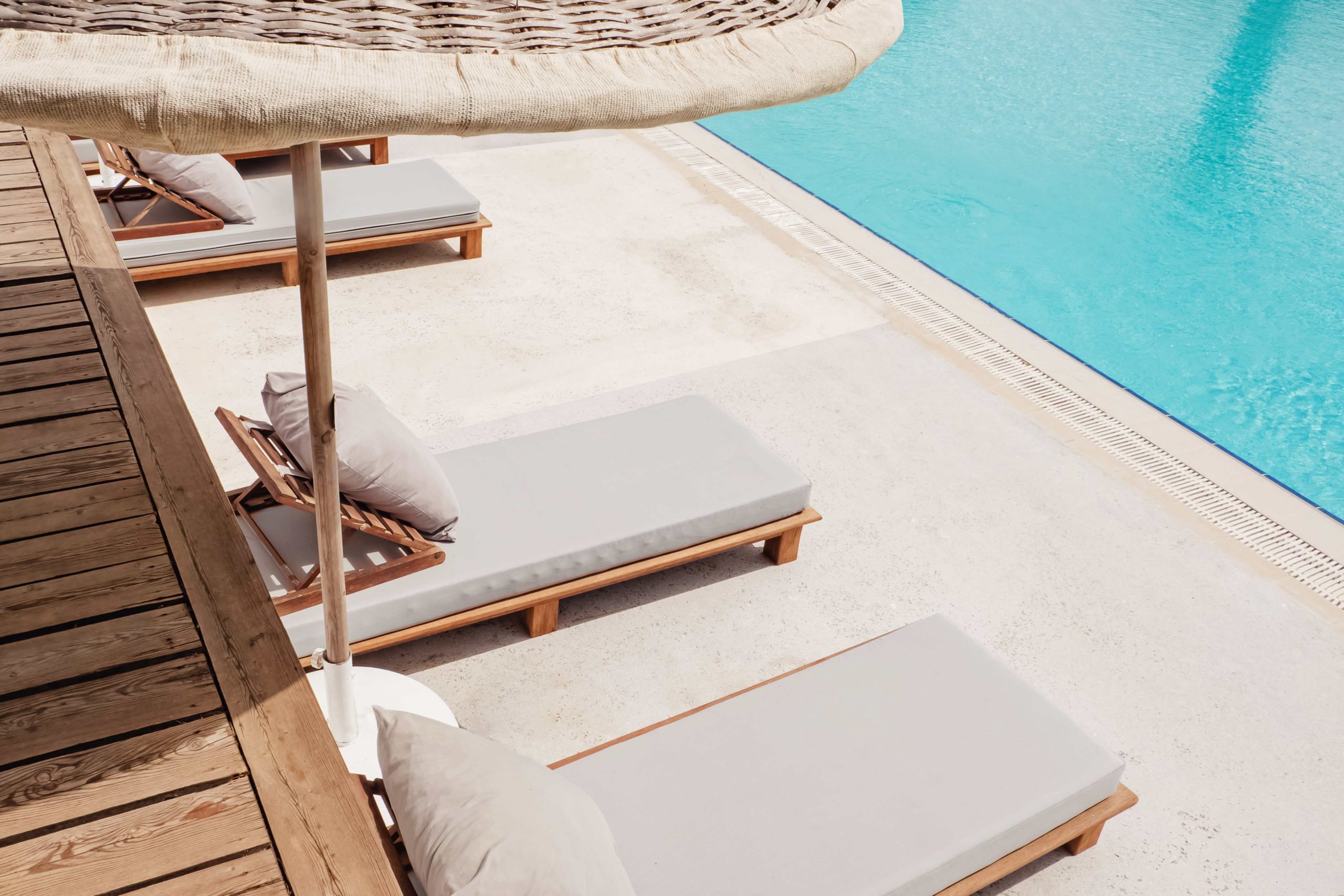The tourism that comes has a main protagonist: the millennials, this socialized profile, free and digital native client is here to stay. So much so that hotels are beginning to change their concepts: real and local receptionists-concierge, “together rooms”, Open House experiences and collaborative kitchens are just a brief preview of what is about to come to revolutionize the tourism industry.
What to do when the needs of guests radically change from one generation to another? This is what many entrepreneurs in the tourism industry are thinking after knowing that 20% of worldwide travelers are millennials, and that it is also estimated that their travel rhythm will increase by 50% by 2020. In this post we will build the hotel of the future based on this profile that has broken into the tourism sector and has changed the traditional perception of seeing a hotel.

Before starting to build the hotel of the future, we must analyze the habits and understand the vision of tourism of this generation, from how the idea and planning of the trip is born, to their perception of post stay.
When we talk about millennials, Y Generation, or Peter Pan Generation, we talk about the group of people who were born between 1985 and the year 2000. Their cultural identity is based on critical personality, strategic thinking, autonomy and freedom. These are people born in the digital era, so they are natives in that field, so much so that they have developed a multitasking behavior, or in other words, they are able to use several channels at once. They are sociable and like to share everything in social media, which is an aspect that derives in demand and often in nomophobia (appdicts).
With reference to traveling, their behavior hardly changes. This degree of sociability and human connection in such a globalized world allows them to increase the friendship circle of the entire planet. This in turn allows them to know new destinations through recommendations from friends or acquaintances, which is the reason why the travel experience is becoming more personalized.

Personalized trips are sought for preferences and budgets, where to collect experiences beyond the material. It’s about immersion in the local culture, a journey with meaning instead of consent. It’s about social-care trips in eco-friendly environments. It’s about exploring, collecting experiences and sharing them, but above all it’s about traveling, the destination and the date go to a secondary level.
The way of planning trips also has started changing. The irruption of the digital era brings new tools to manage travels. According to a study conducted by Google, 41% of millennials say they have used their smartphones to buy flights, which is something that only 25% of their predecessors admit. This same study also shows that 66% of millennials are comfortable planning the details of a trip through smartphones, and by 33% of their predecessors. The market has not been left behind, and the leading companies of travel reservations, flights, and hotels are betting heavily on applications so that the customer experience, when making a reservation through a smartphone, is just as simple, complete, and comfortable that through a laptop.
Known the habits of this generation, from the hotel factory we built the ideal hotel to cover the needs of this profile. In this post we will show the main attributes in order to be competitive in this segment.
 The reception is reinvented to an open space where receptionists-concierge, real and local people, connect with guests in a close and informal atmosphere. Betting on honeycombs receptions, agreements with car sharing companies, pre-check-in processes, flexible schedulesk and cozy spaces, removing counter-barriers and receptionists with the sole function of check-in and check-out.
The reception is reinvented to an open space where receptionists-concierge, real and local people, connect with guests in a close and informal atmosphere. Betting on honeycombs receptions, agreements with car sharing companies, pre-check-in processes, flexible schedulesk and cozy spaces, removing counter-barriers and receptionists with the sole function of check-in and check-out.
With the rooms something similar happens. Desks, bedding, old-fashioned decoration and closed bathrooms are removed. Spaces are bet on for socializing, modern and open showers, charging points and loaders for the whole room, music playlists personalized to the tastes of the guests, together rooms; the area that allows to unify rooms by means of modular structures. In addition, the most cutting-edge technology of the hand of Amazon Echo, where users can execute tasks in the room in the purest “Siri” style with voice commands.
When talking about common areas, we will talk about communal areas, that is slow-life spaces, where transfers each guest to the living room of his house. Socialization becomes a pillar in these hotels. Therefore, the architectural barriers, the business centers, and the limited hours to make way for open spaces, intelligent spaces, spaces bleisure (business + leisure), “Instragram” facilities with postmodern design, where ecological materials predominate, in addition to musical spaces, for runners, for games, libraries…
F&B also change in this renovation of the hotel concept, the decoration with food disappears, the old uniforms, the figure of the traditional maitre ‘and the restriction of schedules is reduced. On the other hand, there are collaborative kitchens, social culinary events (food trucks, boozy classes, tasting…), food with benefits (fair trade, healthy), agreements with food-delivery companies (Glovo, Deliveroo…), hostess that accompany self-service spaces and bars with healthy shakes and smoothies at different points of the hotel.
 The animation focuses again on socialization and the enhancement of contact between guests. The trend is based on the Open House idea: personalization of services towards immersive experiences in local communities, looking for unique shared experiences in the destination to visit. To encourage sociability among the guests, they opt for the hotel’s own social app, for collective classes of healthy activities (yoga, zumba …), and for entertainment in the lobby through ping-pong tables or billiards. Technology acquires an important role in room service, since it is committed to whatsapp as a channel of communication with guests, thus providing a cooler and closer service.
The animation focuses again on socialization and the enhancement of contact between guests. The trend is based on the Open House idea: personalization of services towards immersive experiences in local communities, looking for unique shared experiences in the destination to visit. To encourage sociability among the guests, they opt for the hotel’s own social app, for collective classes of healthy activities (yoga, zumba …), and for entertainment in the lobby through ping-pong tables or billiards. Technology acquires an important role in room service, since it is committed to whatsapp as a channel of communication with guests, thus providing a cooler and closer service.
It is strongly committed to pre and post stay services. In relation to the pre-stay, the intrusive emails and standard conversations are left aside. The focus is on new advertising narratives that reflect the social work and the sustainable philosophy of the hotel. They can facilitate the digital experience, communicating local events that they are held during the date of the stay, and especially provide short questionnaires that allow the hotel to know the preferences of the guests to fully customize the experience. Regarding the post stay, the contact and the deal with the client is similar to that described, however the focus is on customer loyalty. For this, it is proposed to create a CRM where to register the preferences of these clients, so that the post-stay email is as personalized as possible, as well as the subsequent offers that are sent at different strategic moments of the year. It is also proposed to encourage participation in social networks by means of raffles for stays and vouchers or by creating a photo gallery on the website of the hotel “Guest pictures” with the # of the hotel.
Today, the tourism industry is constantly changing and hotels must focus their strategy on meeting the needs of guests who are arriving to ensure success in their future. At the hotel factory we are in constant contact with the main innovations in the hospitality industry to guarantee to the customer the product that is differentiated from the rest of the offer and that in line with the new trends that originate in the market. If you want to know more information about the importance of conceptualization in the hospitality sector and about our repositioning projects, do not hesitate to contact us and ask for advice.









